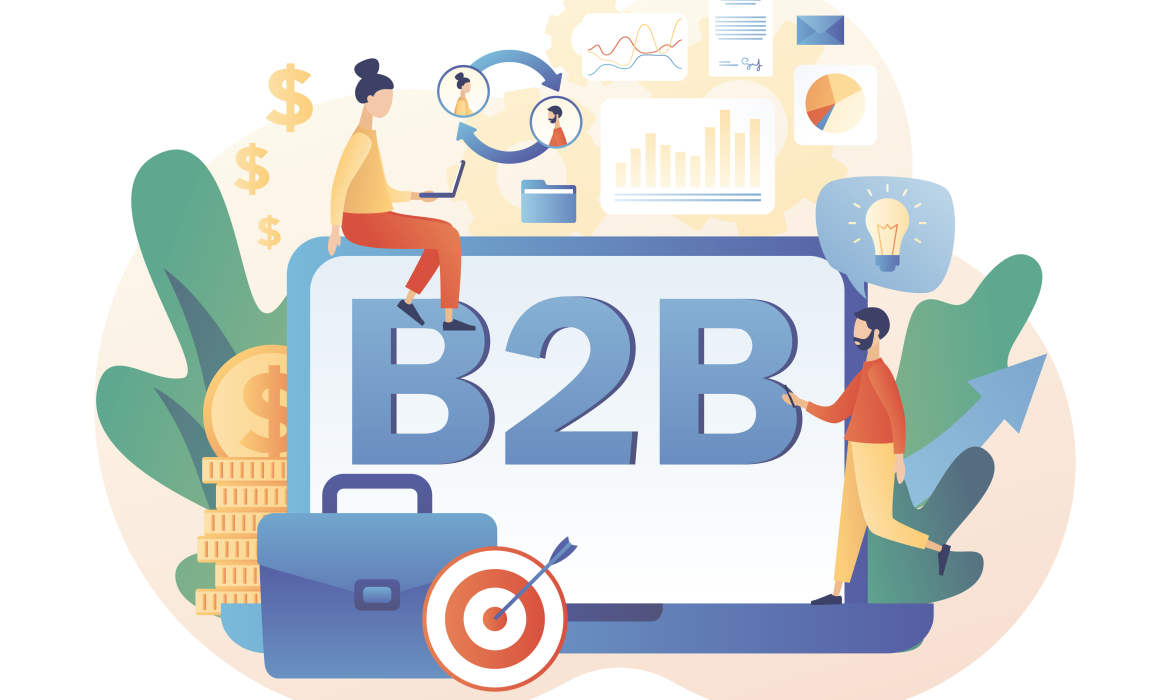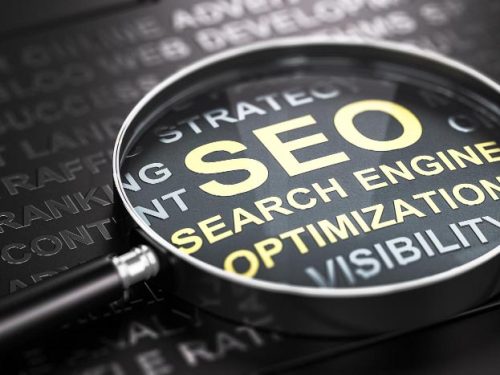What is B2B Marketing?
B2B marketing, or business-to-business marketing, plays a pivotal role in today’s dynamic market environment. However, for those new to this field, understanding what B2B marketing is, why it matters, and how it works can seem a bit overwhelming. In this comprehensive article, we will delve into the world of B2B marketing, providing a thorough understanding of its concepts, strategies, and nuances.
Defining B2B Marketing
B2B marketing refers to the strategies and practices used by companies to sell their products or services to other businesses rather than direct consumers. This business model necessitates a different approach than business-to-consumer (B2C) marketing because of the unique considerations and challenges present in the B2B marketplace.
For example, B2B transactions often involve higher order values, longer sales cycles, and multiple decision-makers compared to B2C transactions. This means that B2B marketers must build strong relationships with their business clients and thoroughly understand their needs and purchasing behaviors.
The Importance of B2B Marketing
In the age of digital transformation, the importance of effective B2B marketing cannot be overstated. By implementing strategic B2B marketing techniques, businesses can:
- Reach the right target audience more effectively.
- Build and maintain strong relationships with other businesses.
- Improve their brand’s visibility and reputation in the industry.
- Drive lead generation and increase sales.
Understanding the B2B Buyer’s Journey
One of the critical aspects of B2B marketing is understanding the buyer’s journey – the process businesses go through to recognize a problem, explore solutions, and make a purchase.
- Awareness Stage: In this phase, the business realizes they have a problem that needs solving.
- Consideration Stage: Here, the business defines their problem and begins researching potential solutions.
- Decision Stage: At this point, the business chooses a solution.
Understanding the B2B buyer’s journey is crucial as it helps marketers create appropriate content and messaging for each stage, effectively guiding the business down the sales funnel.
Key B2B Marketing Strategies
Effective B2B marketing involves a variety of strategies. Some of these key strategies include:
Content Marketing
Content marketing is a strategic approach focused on creating and distributing valuable, relevant, and consistent content to attract and retain a clearly defined audience. The goal is to drive profitable customer action. In B2B marketing, this often includes creating blog posts, ebooks, white papers, webinars, and case studies.
Email Marketing
Despite the rise of social media and content marketing, email remains one of the most effective B2B marketing channels. B2B marketers use email marketing to nurture leads, share industry news and updates, promote content, and more.
SEO (Search Engine Optimization)
SEO is crucial for B2B marketing as it improves a website’s visibility in search engine results, increasing organic (non-paid) website traffic. SEO strategies include keyword optimization, creating high-quality content, and building backlinks.
Social Media Marketing
While social media is traditionally seen as a B2C marketing channel, it also offers significant opportunities for B2B marketers. Platforms like LinkedIn, Twitter, and even Instagram can be used to build brand awareness, share content, and engage with potential clients.
Account-Based Marketing (ABM)
ABM is a focused growth strategy in which marketing and sales teams work together to target best-fit accounts and turn them into customers. This personalized approach can be highly effective in the B2B space, where specific businesses can be targeted based on their fit with a company’s products or services.
The Role of Digital Transformation in B2B Marketing
Digital transformation has dramatically altered the B2B marketing landscape. The rise of digital platforms has made information more accessible, allowing businesses to do more research independently before engaging with a sales representative.
This shift means B2B marketers must now focus more on creating educational content and providing value upfront. Additionally, they must optimize their digital channels to provide a seamless customer experience.
Digital transformation has also brought about new tools and technologies that B2B marketers can leverage, such as:
- Marketing automation platforms to streamline and automate marketing tasks.
- Customer relationship management (CRM) systems to manage interactions with potential and current customers.
- Analytics tools to measure the success of marketing efforts and provide insights for improvement.
B2B Marketing Challenges and Solutions
While B2B marketing offers significant opportunities, it also presents unique challenges. For example, B2B sales cycles can be long and complex, involving multiple decision-makers and considerable investment. Additionally, it can be challenging to stand out in a crowded market and to keep up with rapidly evolving technology.
However, these challenges can be overcome with the right strategies:
- Personalization: Tailoring content and communications to specific businesses or decision-makers can help make your offering more compelling.
- Thought Leadership: By providing valuable, expert content, you can stand out as a leader in your industry, attracting more potential clients.
- Continuous Learning: Keeping up-to-date with the latest technologies, trends, and best practices can help you stay competitive in the fast-paced world of B2B marketing.
In conclusion, B2B marketing is a specialized field that requires a deep understanding of businesses’ needs, behaviors, and purchasing processes. It involves building strong relationships, providing significant value, and constantly adapting to changes in the market and technology. Whether you’re new to B2B marketing or looking to improve your current strategies, a thorough understanding of the fundamentals covered in this guide can set you on the path to success.





